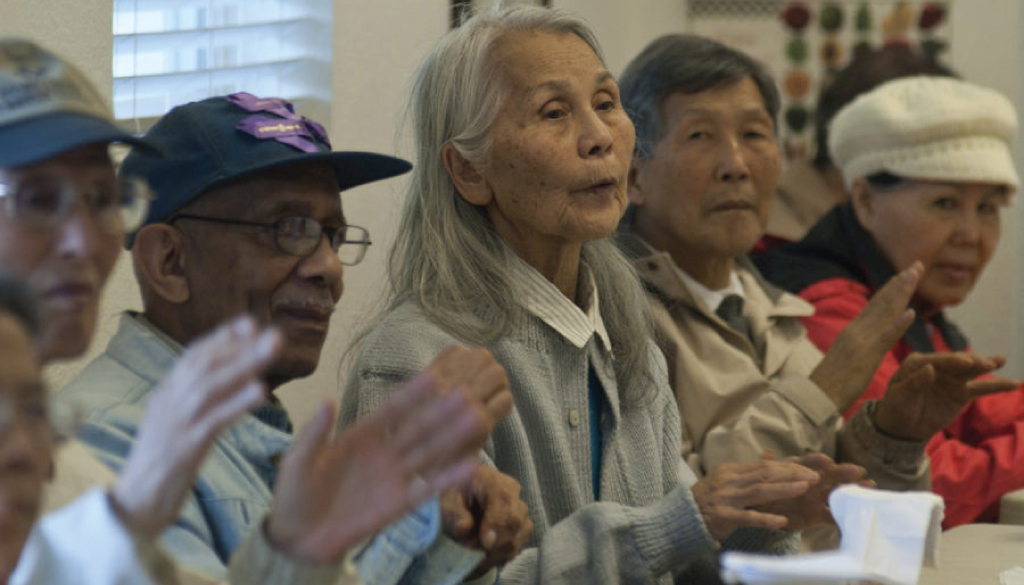Building on the Care to Chat event hosted last year, BC Care Providers Association is pleased to announce it is developing a Culturally Appropriate Seniors Care Guide to be released sometime in 2019. This guide is intended to highlight promising practices in providing more culturally appropriate care as well as outline high level principles for continuing care operators and service provider members with the goal of enhancing care for BC seniors. As part of the development of such a guide, BCCPA is inviting members to complete a short survey to get further insight into how care providers are currently addressing this issue.
The guide will draw on research gathered from an extensive literature review, a potential forum or event with continuing care operators in BC as well as relevant stakeholder organizations, and results from this and possibly a broader public survey. This particular survey to BCCPA members will be used to gather best or promising practices for delivering culturally appropriate care to seniors.
With a rapidly growing aging population that is becoming increasingly ethnically diverse including 45 percent of the Metro Vancouver population that was born outside Canada, it is important for care providers to work collaboratively which includes sharing promising practices on how to deliver culturally appropriate care. According to research, the number of ageing immigrant seniors, including workers, is growing exponentially, and will have lasting effects on society, and the continuing care sector. With our Canadian population projected to double over the next forty years, immigration is a main driver of this population growth, and as a community we need to be better prepared.
Ethnic minority seniors, for example, often experience health inequities in Canada—conflicting family values, cultural practices, language barriers, and immigration status can all pose as barriers to health care. One such challenge is the ability to access such care as seen from a 2016 report by the Wellesley Institute, which indicated that residents who applied to ethnic-specific nursing homes in the Greater Toronto Area had to wait on average six months longer.
As such, BCCPA will need your help to determine how we can better provide more culturally appropriate care to our seniors who are coming from a variety of language backgrounds, religions, and cultural values.
Along with identifying such practices from an organizational perspective, the survey questions consist of areas related to the ethnicity and religion of seniors you provide care to, the languages spoken by seniors, and well as challenges providers face in delivering culturally appropriate care. In addition to gaining input from the sector, the survey will also help highlight the strengths, challenges and identify opportunities in this important area.
As part of this survey, BCCPA is particularly interested to learn about any culturally appropriate care programs or initiatives for seniors, such as any shift in worker training or recruitment to help adapt to the needs of a growing ethnic seniors population.
In summary, BCCPA would like to hear your perspectives about the types of challenges and opportunities you believe would support providers and workers to help deliver culturally appropriate care for seniors. The survey will run to December 15, 2018 with the results to be released in the guide in 2019. If you would like more information on the outcomes of the survey or to participate in any potential event related to this topic, please fill in and leave your contact information in the survey and we will contact you.
Please find the survey here.
Any questions can be directed towards Ravin Johl, Policy Analyst, at ravin@bccare.ca




